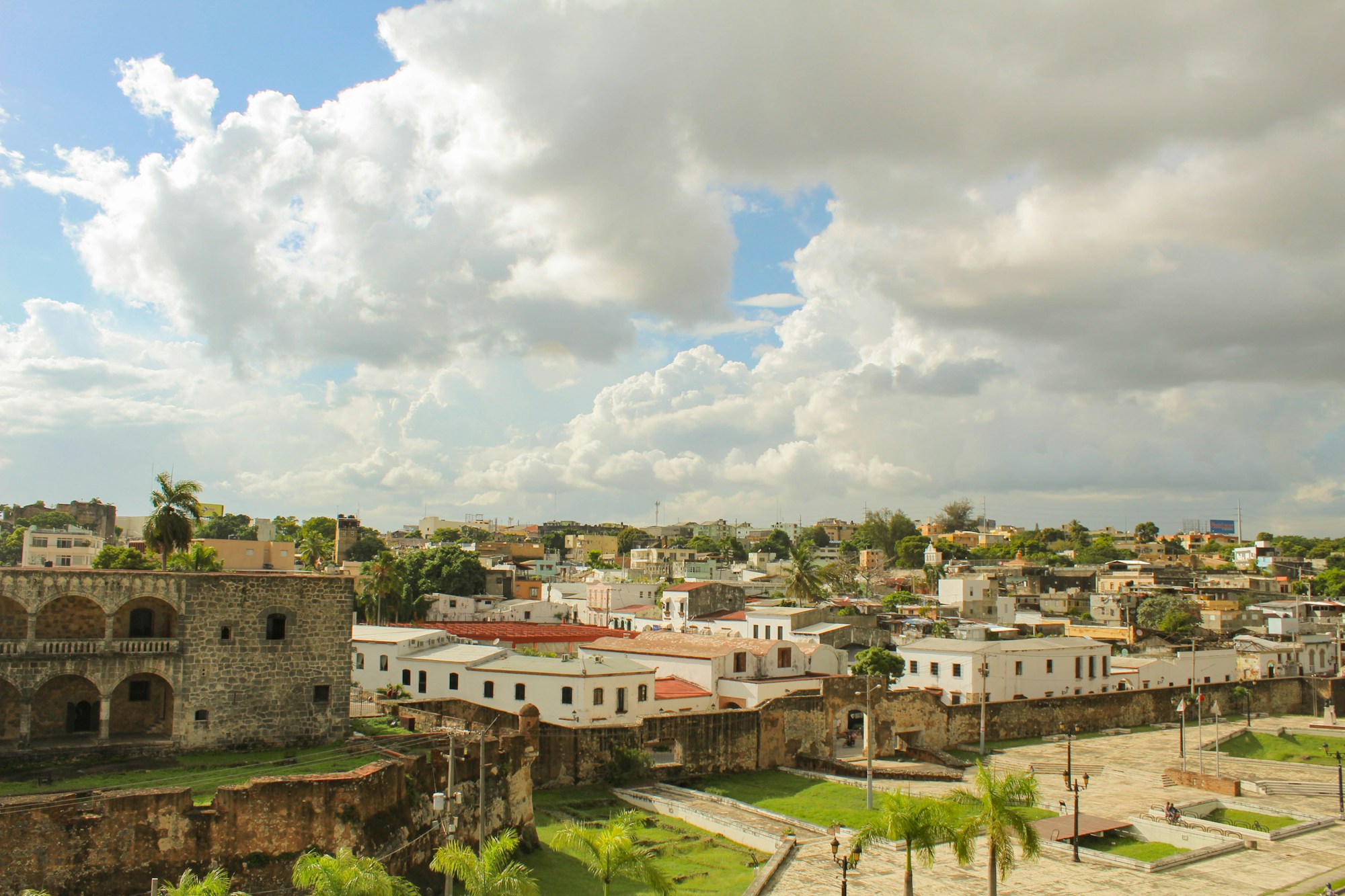Discovering Dominican Culture: History, Customs, Festivals

Discovering Dominican Culture: History, Customs, Festivals
Welcome to the beautiful Dominican Republic, a country rich in culture, history, and vibrant traditions. Whether you're a history enthusiast, a lover of music and dance, or simply curious about exploring new cultures, the Dominican Republic offers a wide array of experiences to satisfy every traveler's interests. Let's delve into the fascinating world of Dominican culture and discover its compelling history, unique customs, and lively festivals.
History:
The Dominican Republic has a captivating history that dates back centuries. It was originally inhabited by the indigenous Taino people, who were skilled in pottery, agriculture, and fishing. The arrival of Christopher Columbus in 1492 marked the beginning of Spanish colonization in the region, making it the first permanent European settlement in the Americas. The Dominican Republic later became a key player in the transatlantic slave trade, with African slaves brought to work on plantations. The nation gained its independence from Spain in 1821 and has since experienced political and social transformations, shaping its unique cultural identity.
Customs:
The customs of the Dominican Republic reflect a blend of indigenous, Spanish, and African influences. Family plays a central role in Dominican society, with strong bonds and respect for elders. Greetings are warm and affectionate, often involving hugs and kisses on the cheek. Dominicans also celebrate numerous religious holidays, with Catholicism being the predominant religion. Visitors may witness locals attending Mass, partaking in processions, or lighting candles in churches.
When it comes to food, Dominicans take great pride in their cuisine. The national dish, "La Bandera" (The Flag), consists of rice, beans, meat (usually chicken, beef, or pork), and salad. You'll find an abundance of fresh tropical fruits like mangoes, papayas, and guavas, as well as delicious street food such as "empanadas" (savory turnovers) and "pasteles en hoja" (plantain-based tamales).
Festivals:
Dominicans are known for their passion for music, dance, and colorful festivals that showcase their vibrant culture. One of the most famous festivals is the "Carnaval," a festive celebration held in February that combines African, European, and indigenous traditions. During Carnaval, the streets come alive with parades, masks, costumes, and infectious rhythms of merengue and bachata, the national dances of the Dominican Republic.
Another significant festival is the "Festival de Merengue," a week-long event dedicated to celebrating the country's lively music and dance style. This festival attracts both local and international artists, offering a chance to experience the contagious rhythms and energetic performances that make merengue so popular worldwide.
If you're interested in history, don't miss the "Day of the Restoration" on August 16th, which commemorates the restoration of Dominican independence in 1863. The capital city, Santo Domingo, also hosts the "Festival de Santo Domingo," where you can witness traditional dances, music performances, and cultural exhibitions that honor the city's rich heritage.
Discover the Dominican Republic:
Now that you have a glimpse into Dominican culture, it's time to explore this captivating country for yourself. From the historic sites in Santo Domingo's Colonial Zone to the beautiful beaches in Punta Cana and the natural wonders of Jarabacoa and Samaná, the Dominican Republic offers a diverse range of attractions and experiences to suit all tastes.
Embark on a journey to the heart of the Caribbean and let the Dominican Republic's captivating culture and rich history leave an indelible mark on your travels.
